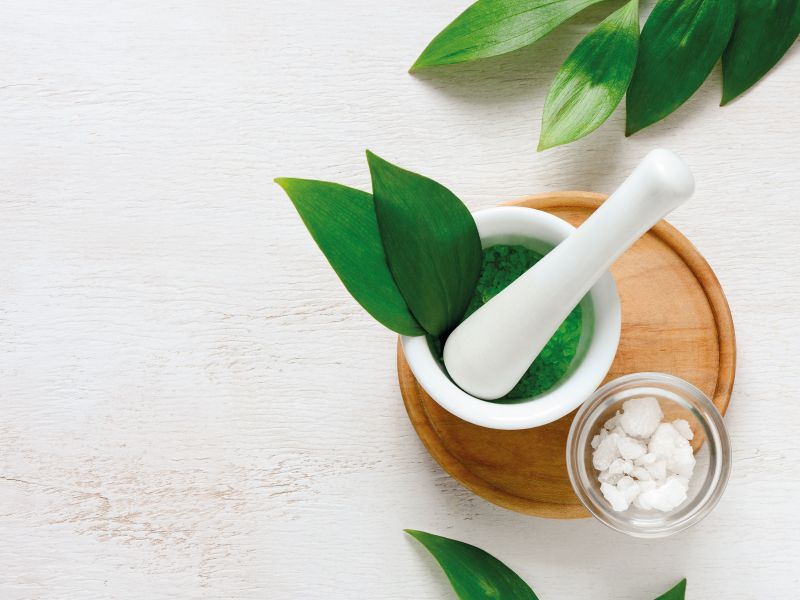It’s Simple. “100% Natural” Means Just That.
FTC has charged four companies that market skin care products, shampoos, and sunscreens online for making false claims that their products are “all natural” or “100% natural,” despite them containing synthetic ingredients. These companies have settled the charges.
Going forward “each of the four companies is barred from making similar misrepresentations in the future and must have competent and reliable evidence to substantiate any ingredient-related, environmental, or health claims it makes.”
-
- Trans-India Products, Inc., doing business as ShiKai, based in Santa Rosa, California, markets “All Natural Hand and Body Lotion” and “All Natural Moisturizing Gel” both directly and through third-party websites including walgreens.com and vitacoast.com. The lotion contains Dimethicone, Ethyhexyl Glycerin, and Phenoxyethanol. The gel contains Phenoxyethanol.
- Erickson Marketing Group, doing business as Rocky Mountain Sunscreen, based in Aravada, Colorado, uses its website to promote “all natural” products such as the “Natural Face Stick,” which contains Dimethicone, Polyethylene, and other synthetic ingredients.
- ABS Consumer Products, LLC, doing business as EDEN BodyWorks, based in Memphis, Tennessee, markets haircare products on its own websites and at Walmart.com. It makes “all natural” claims for products including “Coconut Shea All Natural Styling Elixer” and “Jojoba Monoi All Natural Shampoo.” In reality, the products contain a range of synthetic ingredients such as Polyquaternium-37, Phenoxyethanol, Caprylyl Glycol, and Polyquaternium-7.
- Beyond Coastal, based in Salt Lake City, Utah, uses its website to sell its “Natural Sunscreen SPF 30,” describing it as “100% natural.” However, it also contains Dimethicone.
When promoting, advertising or selling your healthcare or beauty care products, do not misrepresent the following:
- If the product is “all natural” or “100% natural”
- The extent of natural or synthetic components in the product
- The ingredients or composition of the product
- The benefits of the product
Any claims you make must be backed up by reliable evidence, scientific studies, tests or research, or should have been evaluated by qualified professionals using generally accepted methods.
Bottom line, honesty is the best policy when it comes to advertising. Stick to it.

